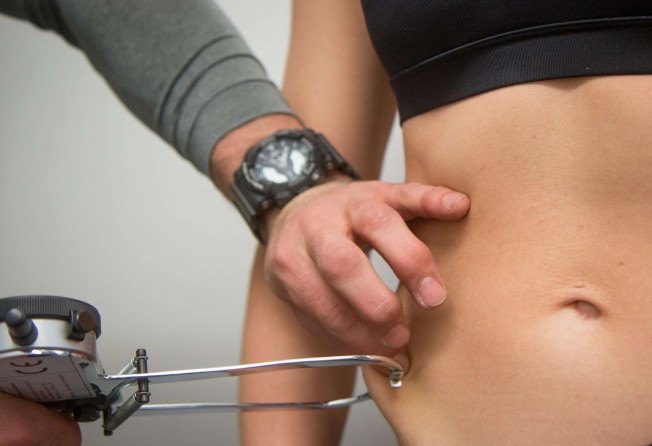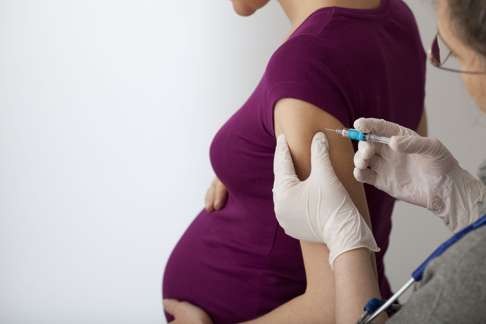
Eating less can ramp up your sex drive, even if your weight’s normal, study shows
Lower calorie intake may lead to a longer life, improved general health and a better time between the sheets. Also in the news: a flu jab while pregnant reduces the chances of baby having flu

Eating less can improve your quality of life, a new study shows. The randomised clinical trial, published online by JAMA Internal Medicine, found that reducing calorie intake by 25 per cent while meeting nutritional needs over two years by adults who were not obese was linked with better health-related quality of life.
Calorie restriction can increase longevity in humans but there are concerns about its potential negative effects, including decreased libido and stamina, depressed mood and irritability. The new study involved 220 men and women with a body mass index of 22 to 28 and average age of nearly 38. They were divided almost two-to-one into two groups: the larger group was assigned to two years of 25 per cent calorie restriction and the other was a control group that ate as they liked.
Self-report questionnaires were used to measure mood, quality of life, sleep and sexual function. The calorie restriction group lost an average of 7.6kg compared with less than 450 grams in the control group. They also had improved mood, reduced tension and improved general health and sexual drive and relationship after two years, and improved sleep in the first year.

Stress and depression linked to HPV-related health problems
Stress and depression play a significant role in whether a woman with human papillomavirus (HPV) can get rid of her infection or not, according to new research highlighted at the recent Paediatric Academic Societies 2016 Meeting in the American city of Baltimore. HPV infections are very common and the body’s immune system often fights off the virus within a couple years of exposure, but a few infections linger in a woman’s system and eventually can lead to cervical cancer.
In 2000, researchers started following a group of 333 women of about 19 years old on average. Throughout the study period, the women were tested for HPV. During the 11th year of the study, when the women were about 28 years old, they also completed a questionnaire that asked about how much stress they had, how they coped with stress, and if they were depressed.
“Women who reported self-destructive coping strategies, like drinking, smoking cigarettes or taking drugs when stressed, were more likely to develop an active HPV infection,” says principal investigator Dr Anna-Barbara Moscicki, chief of the division of adolescent and young adult medicine and professor of paediatrics at the University of California, Los Angeles School of Medicine. “We also found that women who were depressed or perceived themselves to have lots of stress were more likely to have HPV persistence.”

Infants much less likely to get the flu if mothers are vaccinated while pregnant
Babies whose mums get flu vaccinations while pregnant have a significantly reduced risk of influenza infection during their first six months, a new study shows. Published online in the journal Paediatrics, the study by University of Utah School of Medicine researchers reported that infants six months and younger, whose mothers were vaccinated when pregnant had a 70 per cent reduction in laboratory-confirmed flu cases and an 80 per cent reduction in flu-related hospital admissions compared with babies whose mums weren’t immunised.
“Babies cannot be immunised during their first six months, so they must rely on others for protection from the flu during that time,” says the study’s lead author, Julie Shakib, assistant professor of paediatrics. “When pregnant women get the flu vaccine there are clear benefits for their infants.” Shakib and colleagues examined more than 245,000 health records of pregnant women and more than 249,000 infant records for nine flu seasons from December 2005 until March 2014. Approximately 10 per cent of the women reported being vaccinated while pregnant. Among 658 infants identified with laboratory-confirmed influenza, 97 per cent occurred in babies whose mothers were not immunised.
The analysis found the vaccine had no effect on the incidence of respiratory syncytial virus among infants, strengthening the findings that the benefits seen in the infants were actually due to the flu vaccine their mothers received.